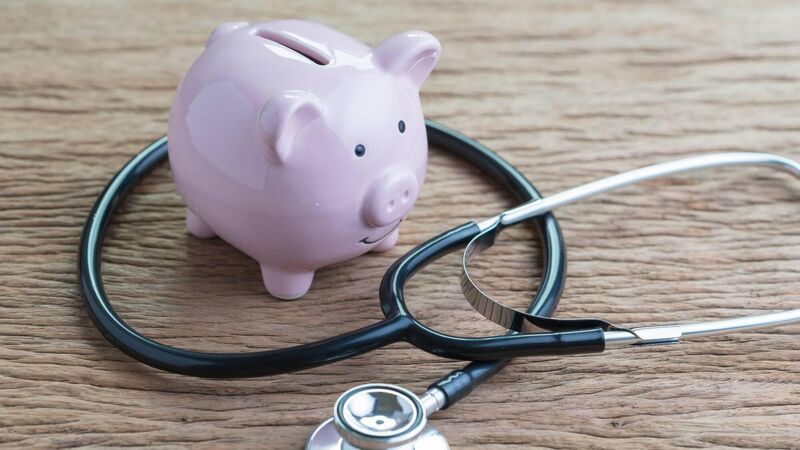Consumer Corner: How to save on medical costs this winter

Medical bills can be expensive business when sickness hits a household but we have compiled our top tips on how to save costs this winter.
Try from €1.50 / week
SUBSCRIBEWinter is coming and with that comes colds, coughs and who knows what else.
Medical bills can be expensive business when sickness hits a household but we have compiled our top tips on how to save costs this winter.
Already a subscriber? Sign in
You have reached your article limit.
Annual €130 €80
Best value
Monthly €12€6 / month
Introductory offers for new customers. Annual billed once for first year. Renews at €130. Monthly initial discount (first 3 months) billed monthly, then €12 a month. Ts&Cs apply.
CONNECT WITH US TODAY
Be the first to know the latest news and updates
Newsletter
The best food, health, entertainment and lifestyle content from the Irish Examiner, direct to your inbox.
Newsletter
The best food, health, entertainment and lifestyle content from the Irish Examiner, direct to your inbox.
© Examiner Echo Group Limited